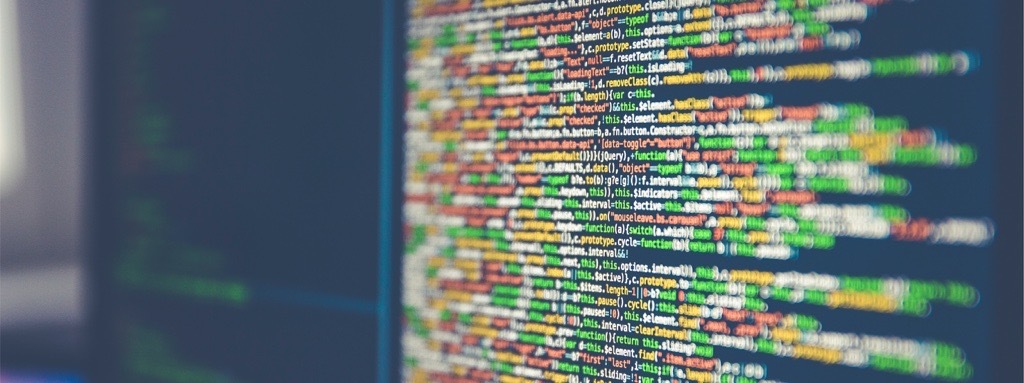
Rachel Brown, Usability Researcher at Qlik, answers questions about what Data Literacy means to her, working with data and necessary skills for a career in data.
What’s your role today and what does it entail?
As a Usability Researcher, my job is to understand the behaviors, needs and motivations of those using Qlik products. I pull together a variety of assets and sources to do this – including usability studies, customer feedback and usage data – to help me identify the problems that users face. Working closely with our R&D team, we use this information to find solutions to these problems that will make each product more intuitive for Qlik customers.
Did you always want to work with data? If not, what sparked this interest?
Data is fundamental to how our culture communicates and measures progress, and so I wanted to sharpen my own data skills and empower future generations to do so too. You’d be hard pressed to find an industry that isn’t founded in data, but because of the overabundance of information available, I saw an incredible need for people who can present that information in a way that’s palatable to the masses.
Did your degree tie directly into your current job? If not, what made you choose that career path?
I have a degree in Chemical Engineering and a minor in Computer Science. This might seem ‘technical,’ but I didn’t spend a lot of time working with data during my studies. However, I did learn how to draw insights from complex data models and how to use the information available to me to complement my own intuition. That sparked a passion for data. Since then, every job or internship I ever had involved lots of data analysis. Of course, it helps to be familiar with any programming languages to build affinity with data logic.
What advice would you give other students trying to develop new skills (data or otherwise) for the working world?
Starting is the hardest part! But you can make progress going through day-to-day life. Question everything, play around with data wherever possible and follow your passion – data is everywhere and across every industry now. It’s easy to download or trial one of the many free resources that compile datasets and start analyzing! I wouldn’t worry too much about developing specific technical skills, rather focus on building relationships and learning how to tell stories with data.
How does data factor into your current professional role?
I am part of a team that has been driving a push towards becoming more data-driven. For example, we have recently started bringing in usage data to guide improvements and additions to the product design. One of the common challenges we face centres around balancing how to make sense of data with how to create meaning from data. There’s a key difference here – one is understanding the data that is in front of you and the other is about using insights from that data to inform future actions. Even in the B2B world, the value of data is largely in personalization. Being able to tailor systems to have a personal feel for individual users is crucial and understanding data helps us do this and identity ‘who wants what.’
Which data skills do you wish you’d had to prepare you for the world of work?
I think technical skills can always be developed on the job depending on the requirements of the specific role. The most important thing to remember when working with data – something that too often gets overshadowed by technical considerations – is that the end goal is always to tell a story. Start by figuring out what the numbers are telling you and then how you can contextualise it in real world scenarios.
What would you say to other young women considering a career in data?
Women are powerful. There are more female mentors than ever – increasingly in data and technology – so look up to them and lean on them for guidance where possible. The hardest part is asking, but my experience is that people are always excited to help genuine, ambitious people.
What does Data Literacy mean to you?
For me, Data Literacy is about the ability to understand and draw insights from data and communicate observations in the appropriate context. Ever more importantly, it’s about the ability to recognize when data is being used in a misleading way or inappropriately. People have a natural tendency to respond to a question knowing there is a desired answer and so Data Literacy can help us isolate what the story behind it really is.
Finally, with big data comes big responsibility. Data Literacy is therefore a vital skill to help us use data ethically and portray it accurately. This means starting with the question, not the answer – avoiding logical fallacies and separating fact from sharply dressed fiction.